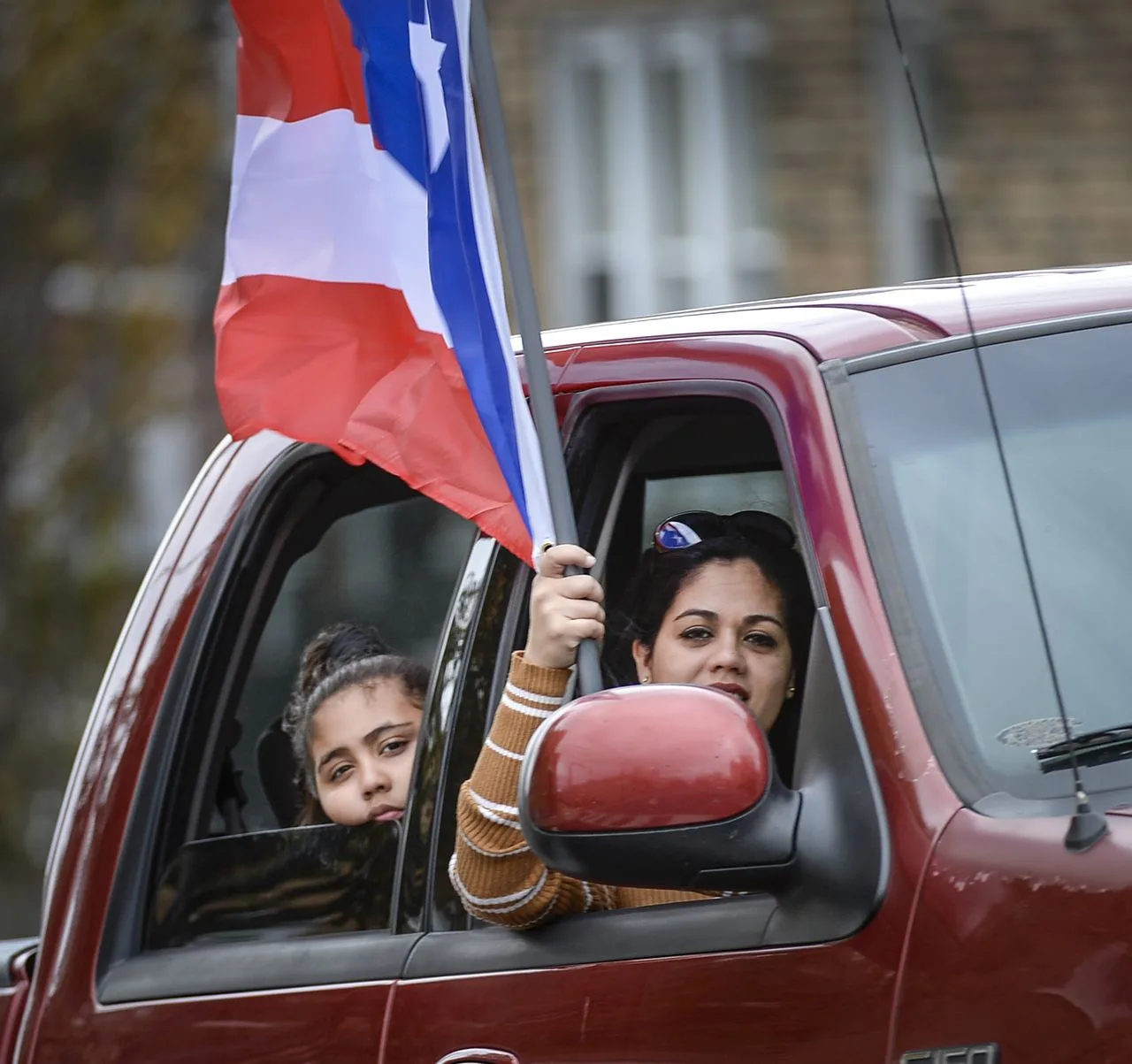
Norman Bristol Colon, Pennsylvania’s Chief Diversity Officer, shared some surprising statistics when he met with PennLive’s Editorial board recently. They show a quickly growing community that has both good and bad news to share.
Here’s some of the good news:
- Of the 12 states with at least 1 million Hispanics, the Latino population grew the fastest in Pennsylvania in the last decade.
- More than 50 percent of Latinos live in what is called the “222 Corridor,” the regions of Easton, Bethlehem, Allentown, Lancaster, Lebanon, York, Harrisburg, and Gettysburg.
- In 2020, Latino voter turnout in Pennsylvania was among the highest of any community.
- 1 million Latinos turn 18 every year in the United States, meaning their political clout is large and growing throughout the nation.
- While there are 11 million undocumented Latinos in the United States, most Latinos in Pennsylvania are here legally.
These facts are worthy of celebration, as hard-working, talented, entrepreneurial Latinos have the potential to boost Pennsylvania’s economy and assume leadership roles in both business and government. And many Latinos in Pennsylvania were born in Puerto Rica and are American citizens. They have a right to live anywhere they want in the United States.
But Colon shared some other statistics that are not so rosy:
- For every $1 a white male earns in Pennsylvania, a Latina mothers makes 54 cents.
- Households led by Latina mothers are among the poorest in the state, many even poorer than those run by African American single mothers.
- Latinos rank number one among people without healthcare insurance.
Another statistic is also daunting. The League of United Latin American Citizens says there are serious problems for Latinos in the American criminal justice system. “Discrimination under the law is not a new phenomenon for Latinos,” LULAC says, noting, “Latinos and African Americans are disproportionately represented in the prison industrial complex and have been greatly affected by mass incarceration.”
The worst statistics show Latinos are approximately 30 percent of the nation’s population but almost sixty percent of prisoners. That means one in six Latino men will be incarcerated at some point in their life.
That’s not good for Latinos or for the general population. But knowing the statistics is the first step in addressing the underlying causes, including issues of employment and education.
Add to that Spotlight PA’s recent report that Black and Hispanic drivers are more likely to be stopped and searched than white drivers, and you get a picture of persistent racial profiling that needs to be addressed in the commonwealth, if not across the nation.
Statistics are important. They can help dispel myths and correct misinformation. And data is essential in establishing facts and pinpointing solutions.
That’s why Colon rightly has made a priority establishing a Latino Research Center as part of the PA Latino Convention, held last week at the Harrisburg Hilton. Such data is essential in not only addressing policing and criminal justice issues, but it can help find solutions to two other major challenges for many Latino families: healthcare and affordable housing.
Accurate statistics can help healthcare professionals better serve the Latino communities through providing educational and other resources to prevent as well as treat illnesses. Information on rates of heart disease, high blood pressure and diabetes should be easily accessible and targeted to our region.
And accurate data also can help address the lack of affordable housing in the urban centers along Highway 322 where most Latinos live. At least government officials will have the facts to help convince developers to build affordable housing in urban areas and fewer hundred thousand dollar-condos that push out low-income families.
As we celebrate Hispanic Heritage Month through Oct. 15, it’s important to know the facts about the Latino communities in our state to better address their needs.
We encourage the state to move forward with establishing the Latino Research Center. It wouldn’t hurt to do the same thing for other communities, as well.
Joyce M. Davis is PennLive’s Outreach & Opinion Editor. Follow her on Facebook and on Twitter @byjoycedavis.
Quality local journalism has never been more important. You deserve the best. Not a subscriber yet? Please consider supporting our work.



